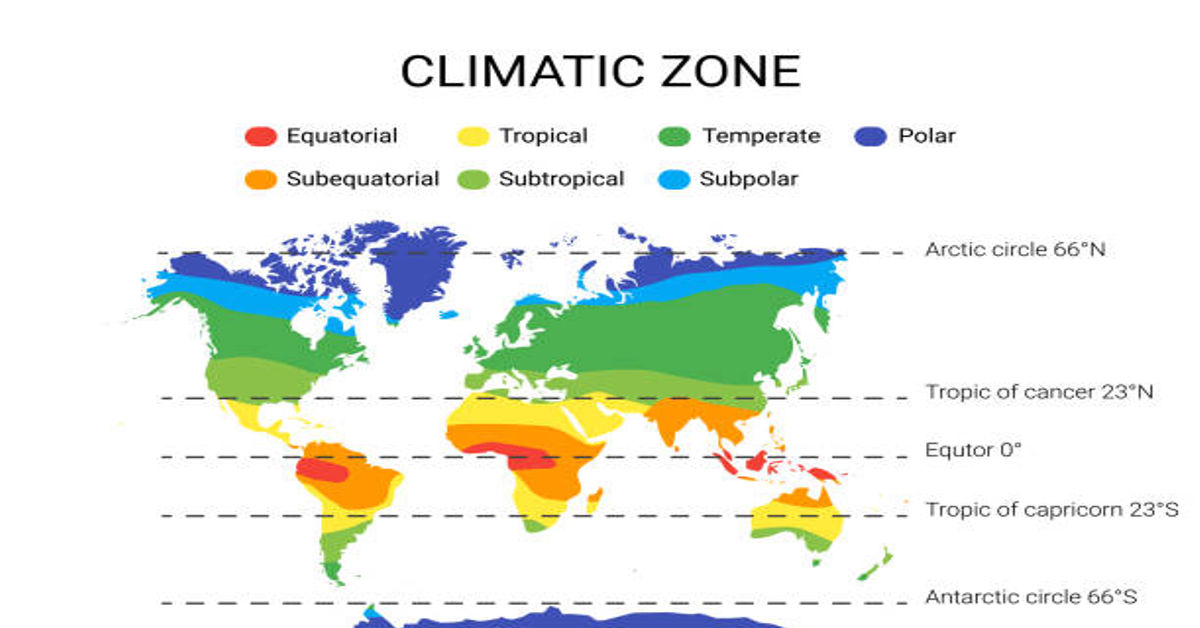You ever notice how some summers feel like the mosquitoes are organizing a family reunion right in your backyard? Or how certain winters bring in a parade of mice like it’s an open house? Yeah — that’s not just bad luck. It’s your climate doing its thing.
Here’s the deal: pest problems are as local as the weather. What works to fight bugs in Arizona’s dry heat isn’t gonna cut it in Virginia Beach’s humid summers. So when it comes to extermination by Virginia Beach exterminators, the whole “one-size-fits-all” thing? Doesn’t really fly. Literally.
Climate Plays the Biggest Role in Pest Behavior
Let’s put it this way — pests are a lot like people. They thrive in different conditions. Some love the warmth, some dig the damp, and others move indoors the second there’s a chill in the air.
- Hot and humid zones (like the Southeast): Oh, we’ve got mosquitoes, termites, ants, and roaches that practically thrive year-round. The humidity keeps them breeding like crazy.
- Dry, desert climates: Think scorpions, spiders, and beetles — pests that can handle dry, sandy conditions.
- Cooler northern areas: Rodents and overwintering insects become the main headache once the temperature drops.
- Coastal regions: You get the double whammy — moisture-loving bugs and critters that find their way inside when storms hit.
So when an extermination company rolls out a “universal treatment” and claims it’ll handle any pest problem, no matter where you live — yeah, you can raise an eyebrow. Because what works for one region might be totally useless (or even overkill) for another.
Why Custom Plans Matter
Let’s say your neighbor in Florida’s dealing with termites, while you’re battling carpenter ants up in Virginia. Both are wood-damaging insects, sure, but they’re not twins. Termites eat wood; carpenter ants just tunnel through it. You treat them differently.
A customized extermination plan takes your local environment into account — things like humidity, temperature swings, rainfall, vegetation, and even your home’s construction materials.
That means your pest control tech isn’t just spraying random stuff. They’re studying how your particular climate attracts specific pests and building a treatment around that.
It’s a bit like tailoring a suit. You could buy one off the rack, but when it’s fitted just for you — it works better, lasts longer, and looks sharp. Same goes for pest control.
What a Climate-Smart Extermination Approach Looks Like
Here’s what a good pest control company does differently when they’re thinking climate-first:
- Inspects with the weather in mind.
Virginia Beach exterminator know where pests hide during certain seasons — and they check those hot spots first. - Adjusts treatment timing.
For example, mosquito control ramps up before breeding season, not after the bites start. - Uses targeted products.
Some treatments are water-based (great for dry climates), while others are designed to resist humidity or rainfall. - Plans long-term prevention.
Climate-based plans don’t just react; they anticipate. A good technician knows which pests are coming before you even see them.
It’s not about spraying more — it’s about spraying smarter.
A Little Neighborly Truth
Here in the Southeast, we joke that “bugs don’t take vacations.” And it’s true — our warm weather keeps them active nearly year-round. So, trying to use the same pest control plan someone in Minnesota uses? That’s like wearing flip-flops in a snowstorm.
A good exterminator — the kind who actually knows your neighborhood, your seasons, and your local pest quirks — will always tweak their approach to fit your exact conditions. And trust me, it makes all the difference.
FAQs
Q: Why does climate affect pest problems so much?
Because temperature and moisture are what drive insect and rodent activity. Warm, wet environments speed up breeding cycles, while colder ones push pests indoors for warmth.
Q: Do pest control companies really change their methods by region?
The good ones do! Local expertise matters. They’ll use region-specific products and strategies that actually fit your area’s weather patterns.
Q: I just moved to a new state — should I switch pest control companies?
Absolutely. Local pests and climate are different everywhere. A company familiar with your new area will know what treatments work best.
Q: Can the same pest appear in different climates?
Yes, but their behavior might change. For example, ants in dry regions nest differently than those in humid ones, which means you’ll need different treatment tactics.
The Bottom Line
Pest control isn’t just about bugs — it’s about where those bugs live. Climate changes everything: how they breed, when they come out, and how tough they are to eliminate.
So, the next time you’re chatting with your pest guy on the porch, make sure they understand your local weather — not just what’s in the chemical bottle. Because when it comes to extermination, “custom-fit” always beats “one-size-fits-all.”

